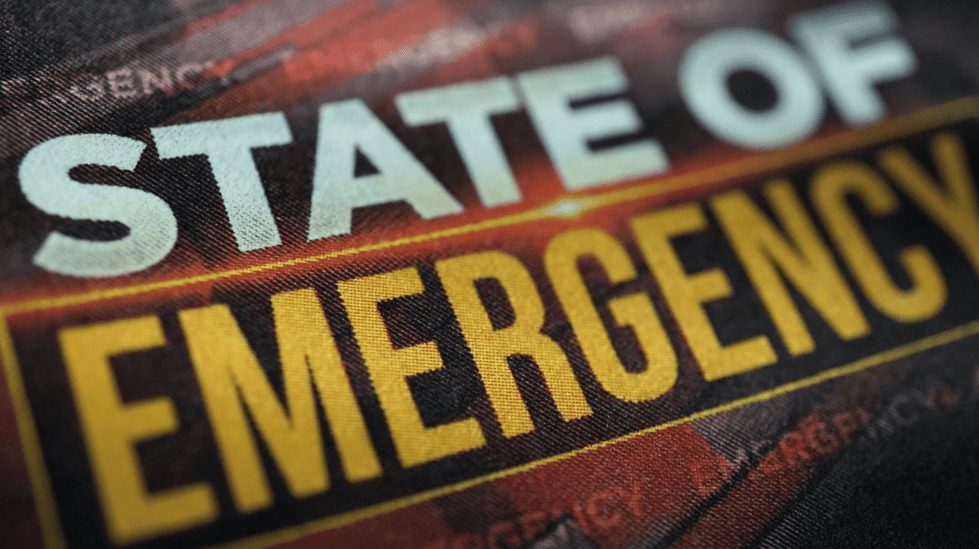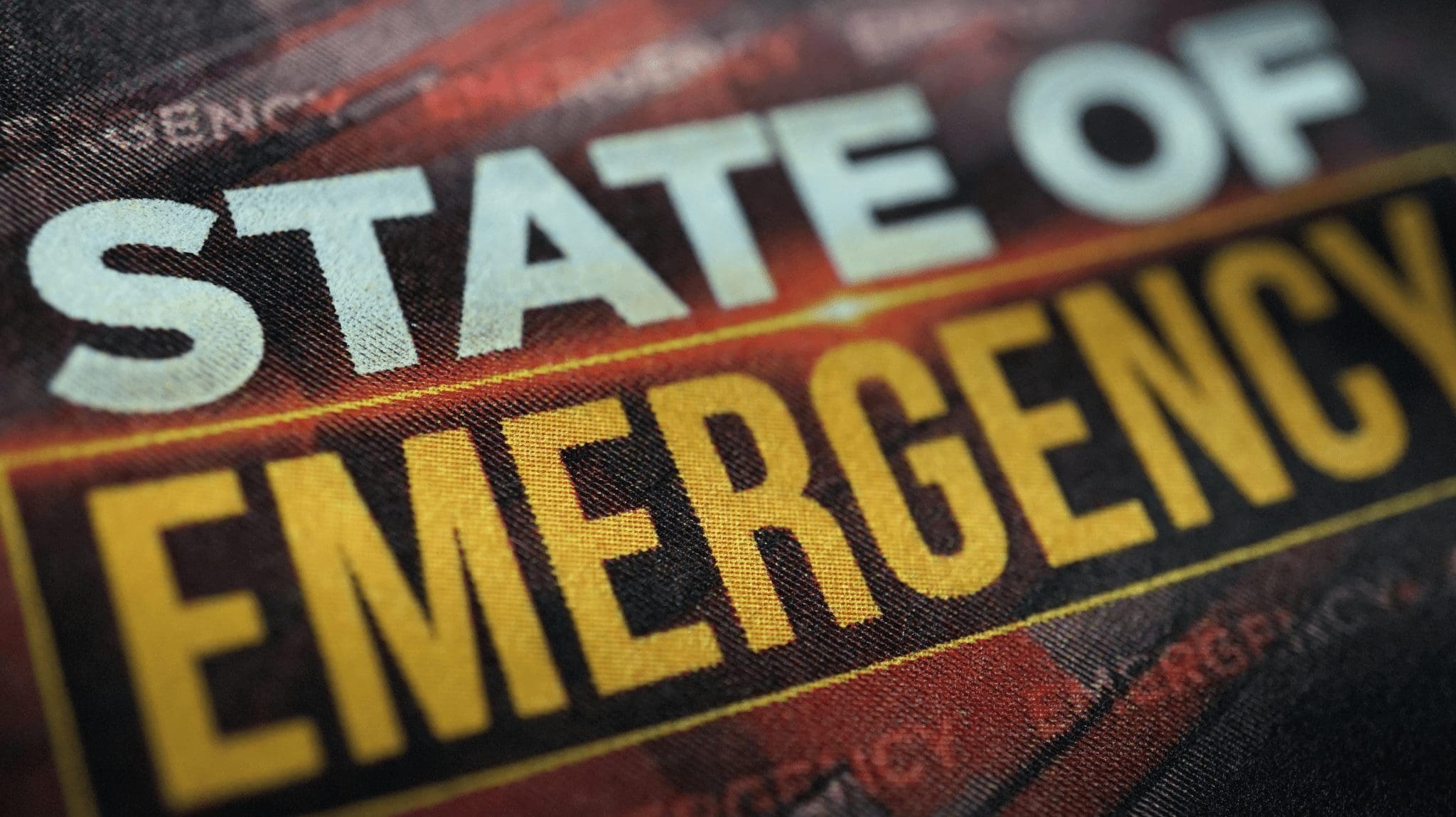Gov. John Carney on Thursday declared a state of emergency to address the highly contagious COVID-19 omicron variant.
The state of emergency will take effect Jan. 3, 2022 and is not expected to have any immediate impact on businesses.
He announced the declaration during a virtual weekly COVID briefing. He was joined by Dr. Gary Siegelman, chief medical officer at Bayhealth and Dr. Ellie Salinski, assistant medical director at Bayhealth’s Kent County Emergency Department.
The move comes one week after Carney declined to make such a declaration, citing a desire to keep the economy open.
He said that while the majority of Delaware’s cases remain the delta variant, “omicron is coming.”
“It’s been in other states at greater percentages and it moves like wildfire through a population, which is part of our message today,” Carney said.
“So in order to enable us to help our hospital partners depopulate and move patients from the hospital, emergency rooms and beds in the hospitals into long term care and other assisted facilities, we need some emergency powers and so I’ll be declaring a state of emergency effective this coming Monday, Jan. 3. It will give us additional flexibility to help manage the COVID-19 surge.”
Under the state of emergency, Carney will deploy members of the Delaware Army and Air National Guard to work as CNAs in skilled nursing facilities.
He reiterated the importance of wearing masks and social distancing, especially within vulnerable populations and among the unvaccinated.
Carney stopped short of reinstituting an indoor mask mandate, instead encouraging business leaders to make that decision.
“We think you requiring the mask is a better way to get the objective and we understand that you know better than we do your operational needs,” Carney said. “We’re two years into this and we expect business leaders to step up and do what has to be done.”
He noted that a mask mandate remains in effect in state-operated public facilities, public transit, hospitals, long term care facilities and health care facilities.
University of Delaware and Delaware State University have mask mandates in effect, as well as vaccine mandates for faculty and staff.
Carney urged Delawareans to practice extreme caution in their social activities during the New Years weekend.
“Your party that you want to go to or the bar or the restaurant, you’ll likely have an uninvited guest at your New Year’s party and it’s someone who is maybe asymptomatic but positive with either the delta or the omicron COVID-19 virus,” he said. “So you’ve got to be careful that you’re not bringing it into your party or the restaurant that you’re going to and that you’re protected from somebody else who is carrying it.”
Above all else, Carney said, if you’re not vaccinated, now’s the time.
Doing so will protect you, your family members and the hospital staff that are already overwhelmed with COVID-19 patients, he argued.
Department of Health and Social Services secretary Molly Magarik said 13,000 COVID-19 tests were administered Monday. The state averages 1,000 tests a day, she said.
As of Thursday morning, 88.5 percent of Delawareans ages 18 and over are vaccinated with at least one dose of a COVID-19 vaccine. 68.5 percent of the total population have received at least one dose. 63 percent of the eligible population have been fully vaccinated.
In the past seven days, 15.1 percent of COVID-19 tests have yielded positive results.
The seven-day average of new positive tests is 1,072.3 — the highest since January of 2021.
More than 9,000 fully vaccinated Delawareans have reported a breakthrough infection — approximately 1.74 percent of the fully vaccinated community.
2,092 Delawareans are confirmed to have died of the virus.
The Division of Public Health announced Tuesday it will match CDC guidelines that reduce the time that people should isolate or quarantine from 10 days to 5 days for COVID-19 exposures.
The Division also said it will refocus its contact tracing efforts on case investigation and contact tracing in high-risk settings such as schools and long-term care facilities.
The move to shorten isolations and quarantines, released Monday by the Centers for Disease Control, is based on certain conditions and vaccination status and designed to keep the economy moving.
The CDC adopted the change after proof that the majority of COVID-19 transmission occurs early in the course of illness, generally in the 1-2 days prior to onset of symptoms and the 2-3 days after.
Therefore, people who test positive should isolate for 5 days and, if they have no symptoms at that time, they may leave isolation as long as they continue to mask for 5 days to minimize the risk of infecting others,. the state press release said.
“If people do not take away anything from this presentation, please listen to this,” Magarik said. “If you are gathering with people indoors and you do not have a mask on over this next weekend and on New Year’s Eve, you should expect to become positive with COVID.”
RELATED STORIES:
Share this Post




